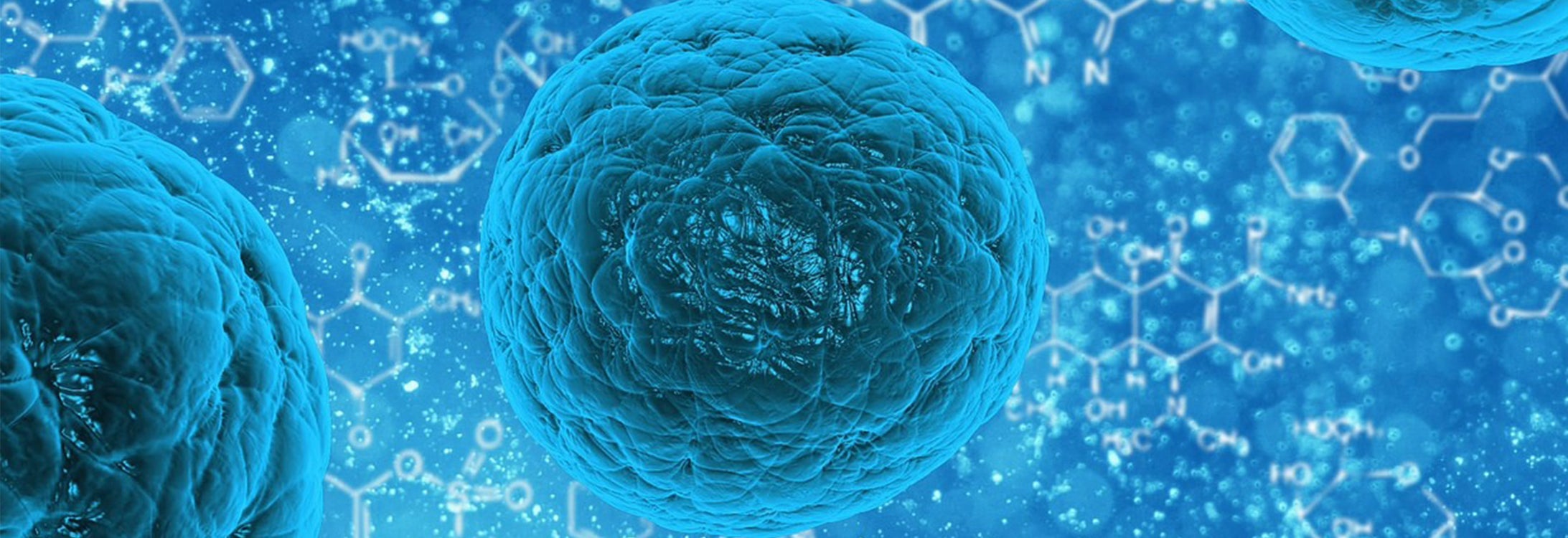Anuj Pranav Sanghvi

ECU undergraduate researcher Anuj Sanghvi is using engineering techniques to enhance stem cell growth stimulation for therapeutic applications.
Major: Engineering
Mentor: Dr. Barbara Muller-Borer
Department: College of Engineering and Technology
Project Title: “Improved Electrospinning Techniques to Identify Extracellular Components”
Anuj’s study focuses on identifying extracellular matrix components and improved electrospinning techniques to create biological scaffolds to enhance stem cell integration, differentiation and proliferation. His overall goal is to use tissue-engineering techniques to enhance the micro-environment and successfully stimulate stem cell growth for therapeutic applications.
How did you get involved in undergraduate research?
I knew that I wanted to participate in undergraduate research as soon as I started my freshmen year. However, instead of jumping in blindly, I chose to find a research topic that was of interest to me and that I would enjoy. After hearing Dr. Muller-Borer talk about her research in one of my classes and after talking to a friend who did research with her, I approached Dr. Muller-Borer in the hopes of working with her. A little over a year later, I have learned so much and have had the opportunity to work on a project that I am passionate about.
Why did you choose your research topic?
During my undergraduate years, I am pursuing a degree in Engineering, but my ultimate goal is to go to medical school. I wanted to find a research topic that would combine my interest of engineering with my passion for medicine. My current research involves utilizing Tissue Engineering to create superior scaffolds that will aid in the replacement of scar tissue after a myocardial infarction, or heart attack, to restore the heart to full strength. This research allows me to apply my engineering knowledge towards solving a real-world problem that affects millions of people around the world.
What’s been your favorite part of conducting undergraduate research?
My favorite part of conducting research is knowing that one day my work could potentially improve the lives of people all around the world. In addition to the laboratory experience I am gaining and everything I have learned, knowing that my time and effort could lead to millions of people having an improved quality of life in the future is what makes it worth it to me.
What’s your ultimate goal or accomplishment that you hope your research will help you achieve?
Ideally, the project that I am a part of will lead to an improved quality of life for heart attack victims all over the planet. Regardless of our outcomes, my hope is that our research will one day lead to a solution for a medical problem that ails millions of people. Whether or not I am the one responsible for the breakthrough, I hope that my efforts have a meaningful impact.
Do you have any advice for other students interested in conducting undergraduate research?
The hardest part about conducting research is finding a topic that you are passionate about and getting involved. You have to be willing to spend time doing your research whether it is talking to professors, talking to peers, or reading research articles to find the project that you want to work on. After that, it’s just a matter of approaching the professor and showing them that you will be a good addition to their lab.
